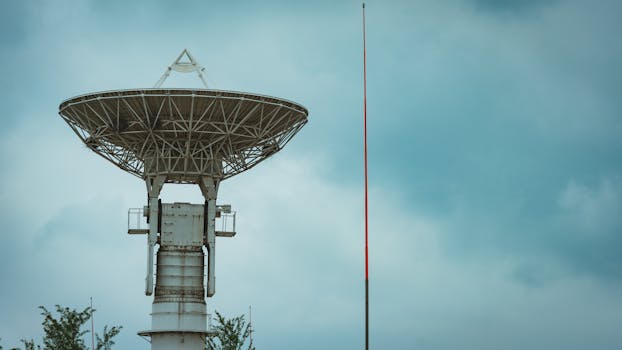The Future of Satellites: Revolutionizing Global Connectivity

The Future of Satellites is an exciting and rapidly evolving field, with satellite technology advancing at a incredible pace. The Future of Satellites is poised to revolutionize global connectivity, enabling faster and more reliable communication networks. With advancements in satellite technology, we can expect significant improvements in satellite-based services, including satellite internet, navigation, and remote sensing.
One of the key drivers of the future of satellites is the development of smaller, more efficient, and cost-effective satellites. These satellites, known as smallsats or CubeSats, are designed to be launched into orbit at a fraction of the cost of traditional satellites. This has led to a proliferation of satellite launches, with many companies and organizations launching their own satellites into orbit. For example, companies like Planet Labs and DigitalGlobe are using smallsats to provide high-resolution imaging and remote sensing services, while companies like OneWeb and SpaceX are using smallsats to provide global internet connectivity.
Another important trend in the future of satellites is the development of satellite constellations. A satellite constellation is a network of satellites that work together to provide global coverage and continuous service. These constellations are being developed by companies like OneWeb, SpaceX, and Amazon, and will provide a range of services, including internet connectivity, navigation, and remote sensing. Satellite constellations have the potential to revolutionize the way we communicate and access information, enabling global connectivity and bridging the digital divide.
The future of satellites is not just about providing connectivity and services, but also about enabling new technologies and applications. For example, satellites are being used to support the development of autonomous vehicles, providing precise navigation and timing signals. Satellites are also being used to support the development of smart cities, providing data and analytics to help cities manage their infrastructure and services more efficiently.
In addition to these trends, the future of satellites is also being shaped by advancements in technology, such as the development of reusable rockets and advanced propulsion systems. These technologies are making it possible to launch satellites into orbit more efficiently and cost-effectively, and are enabling the development of new satellite-based services and applications.
Despite the many benefits and opportunities presented by the future of satellites, there are also challenges and risks that need to be addressed. One of the key challenges is the issue of space debris, which is becoming an increasingly significant problem as more satellites are launched into orbit. Space debris can pose a risk to operational satellites and other spacecraft, and can also contribute to the problem of orbital pollution.
To address these challenges, there is a need for greater international cooperation and regulation. This includes the development of standards and guidelines for the responsible use of space, as well as the establishment of frameworks for managing and mitigating the risks associated with space debris and other challenges.
In conclusion, the future of satellites is a rapidly evolving and exciting field, with many opportunities and challenges. As satellite technology continues to advance, we can expect significant improvements in satellite-based services, including satellite internet, navigation, and remote sensing. However, there is also a need for greater international cooperation and regulation to address the challenges and risks associated with the future of satellites.
The future of satellites will be shaped by a range of factors, including advancements in technology, changes in market demand, and the development of new applications and services. As we look to the future, it is clear that satellites will play an increasingly important role in enabling global connectivity, supporting the development of new technologies, and bridging the digital divide.







